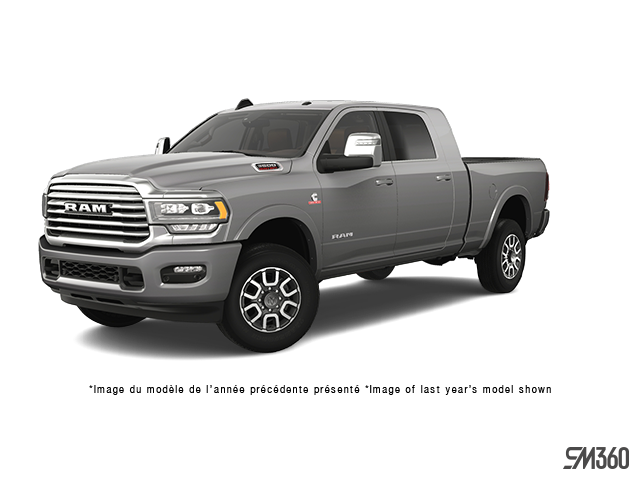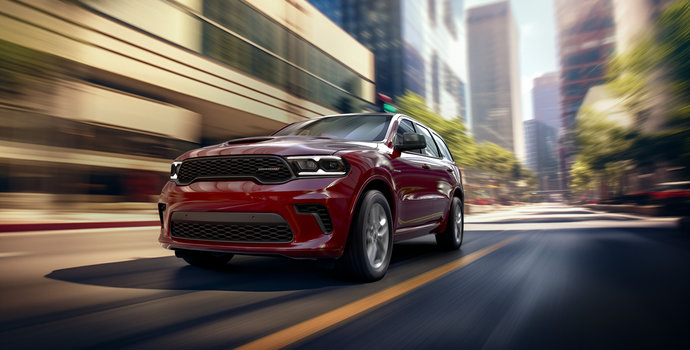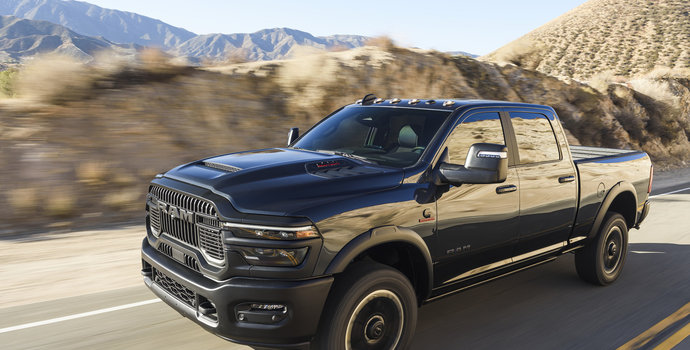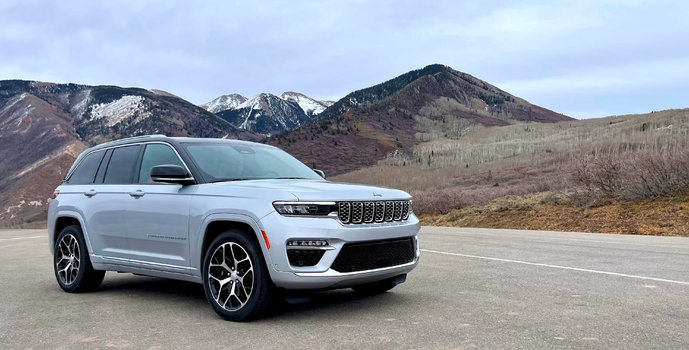If you're the proud owner of a new Jeep, you've made a significant investment in something that you'll enjoy and be proud off and on the road. However, a new Jeep that you've just driven off the lot is not going to remain in perfect condition forever. After all, you like other Jeep owners have bought one to take advantage of its off-road capabilities.
So, while trying to keep a Jeep in museum-grade display condition runs counter to the purpose of owning a Jeep, you don't want to have to bring your Jeep in for frequent repairs. Neither do you want to watch it degrade in performance not long after you hit the road.
Jeep maintenance is an excellent habit to cultivate if you want to keep your vehicle performing reliably and at a level that you're happy with. Cooksville Jeep has some off-roading tips you should follow to get you off on the right start.
1. Read Your Jeep’s Owner's Manual
Plenty of people tend to avoid this step, but it can be an important one in providing you with the right guidelines and understanding of your Chrysler Jeep. Today’s modern Jeeps aren’t just built tough for going off-road; they have many extra features to help you get the most out of your driving when you do go off the road.
For example, if you’re negotiating rocky terrain, and you didn’t read the manual, you may not even be aware that your jeep came with height settings that give you the ability to raise or lower your jeep on the suspension system, to protect the undercarriage when driving across uneven terrain.
Alternatively, depending on the model and options you chose, you may have a variety of Quadra-Trac® settings to choose from that optimize your vehicle for the specific type of terrain you face. Driving through mud or snow is a lot easier to do when your Jeep knows how to handle that specific condition, but you’d only be able to take advantage of this if you knew your vehicle had the feature. Reading your manual and knowing what your Jeep can and can’t do is an important precaution to take.
2. Get Regular Tire Check-Ups
In the same way that an athlete should be regularly evaluated to see how things have progressed, the same is true for your Jeep, especially if you take it off-roading regularly and aren’t just commuting down city streets to go to and from work. If you go off-road with your Jeep a lot, you’re subjecting the tires to many different surface conditions, and that kind of wear and tear is much more demanding. It is this kind of performance that can—and will—take its toll.
One of the ways that a Jeep’s performance can be affected is through tire pressure. If you use your Jeep heavily in adventurous settings, you should think about getting it checked out every month. Always make a point of having your tire pressure checked. It might not seem like a big thing, but remember that your tires are your primary point of contact between the vehicle and the road. If that pressure gets too low, it impacts the car’s fuel efficiency, traction, and general performance.
3. Check the Wheel Alignment
This is another of those factors that don’t affect street drivers as often or as adversely as it can drivers that put their Jeep through its paces. In the same way that tire pressure can be affected by demanding road surfaces and driving conditions, the suspension, axle, and other systems that the tires are attached to get a real workout.
When driving along paved city roads, wheel alignment tends to take much longer to change because the vehicle and its suspension systems are not often subjected to uneven surfaces, bouncing, shocks, bumps, and other physical jolts. However, a Jeep regularly going off-road does experience much harsher driving conditions, and there's a greater likelihood the wheel alignment will change. Unless this is taken into account, drivers may eventually find themselves "fighting" their vehicle to stay in a straight line, as unaligned wheels cause the vehicle to veer. We recommend that you check the alignment and have it adjusted every three months.
4. Check Your Air Filter
Under street driving conditions, Jeep maintenance for your air filter is normally advised about every 20,000 km or one year of driving. It's important that your air filter remains in good condition. If it's not doing its job, then contaminants get into the combustion chamber of your engine. Subsequently, your emissions are more polluted, and your fuel efficiency drops.
That is why, if you regularly stray from city streets and drive on dusty roads or other areas that kick up many particles into the air, you need to check your air filter on a more frequent basis. A dirty air filter can eventually do a lot of damage to your Jeep, and it can cost you more money as you use up more gas than necessary while your engine struggles to keep operating with dirty air.
5. Replace Fluids in Your Differentials
Differential fluids fulfill an important lubricant function for 4-Wheel or All-Wheel drives, helping with the gear shifting and smooth transition of movement for these vehicles. However, your jeep is not a water-tight submarine, so leaks and contamination can occur depending on the type of driving that you put your vehicle through.
If you drive your jeep through water that’s deep enough to go over the hubs of your wheels, have the fluids in your differentials checked, and likely replaced. If your differentials get contaminated with something other than the approved fluids and lubricants, this is going to impact your performance when you go off-road and make bigger demands of your Jeep.
Your Jeep is a durable vehicle that is designed to go where other vehicles can’t. However, it can only provide you with those years of reliable driving in tough conditions if you give it the care it deserves once you’re back in civilization.







